Over the past two years, there’s been a wave of copyright infringement lawsuits against alleged cheaters or cheat makers.
Take-Two Interactive Software, the company behind ‘Grand Theft Auto V’ (GTA V), is one of the major players involved. The company has filed several lawsuits in the US and abroad, targeting alleged cheaters.
Last August the company filed a case against Florida resident Jhonny Perez, accusing him of copyright infringement by creating and distributing a cheating tool. The software, known as “Elusive,” could be used to cheat and grief, interfering with the gameplay of others.
The “Elusive” cheat was previously sold online at prices ranging from $10 to $30, depending on the package. Before filing the lawsuit, Take-Two attempted to find out exactly how much money was made in the process, but Perez failed to hand over detailed financial records.
Initially, the game company was open to negotiating a settlement but, due to the lack of response, it saw no other option than to take the cheat maker to court. Perez, however, did not respond to the complaint which prompted Take-Two to file for a default judgment.
According to the company, it’s clear that the cheat maker is guilty of both direct and contributory copyright infringement. As such, it asked the New York federal court for the maximum statutory damages amount of $150,000, plus $69,686 in attorney’s fees.
Take-Two argued that these damages are warranted because the cheating activity resulted in severe losses. According to an estimate provided by the company, the harm is at least $500,000. In addition, the maximum in damages should also act as a deterrent against other cheat developers.
This week the court ordered on the motion for default judgment, siding with the game company.
“Take-Two has been irreparably harmed by Mr. Perez’s infringing conduct and will continue to be harmed unless enjoined,” US District Court Judge Kevin Castel writes in his order.
“Mr. Perez’s Elusive program creates new features and elements in Grand Theft Auto which can be used to harm legitimate players, causing Take-Two to lose control over its carefully balanced plan for how its video game is designed to be played,” he writes.
In addition, the Judge notes that the cheat discouraged users from future purchases and gameplay and that the unlimited currency cheat undermined Take-Two’s pricing and sales of legitimate virtual currency.
The Court, therefore, finds the cheat maker guilty of both willful direct and willful contributory copyright infringement, as well as breaching Take-Two’s user agreement.
Judge Castel ordered Perez to may the maximum statutory damages of $150,000 and an additional $66,868 in attorney’s fees. To our knowledge, this is the highest damages amount that has ever been awarded in a game cheating case.
In addition to the monetary damages, the Court also issued a permanent injunction prohibiting the cheat maker from continuing infringing activities moving forward.
Elusive hasn’t been available for sale since last year. It was taken offline after Perez was contacted by Take-Two.
“After discussions with Take-Two Interactive, we are immediately ceasing all maintenance, development, and distribution of our cheat menu services,” a public announcement read at the time.
At the time, the cheat maker informed its users that it would donate the proceeds to a charity which Take-Two could pick. However, the default judgment makes it clear that this money should go directly to the game company instead.
…
A copy of the order granting Take-Two’s default judgment against Mr. Perez is available here (pdf).
Source: TF, for the latest info on copyright, file-sharing, torrent sites and more. We also have VPN reviews, discounts, offers and coupons.


 When it comes to civil anti-piracy enforcement, BREIN is without a doubt one of the best-known players in the industry.
When it comes to civil anti-piracy enforcement, BREIN is without a doubt one of the best-known players in the industry.










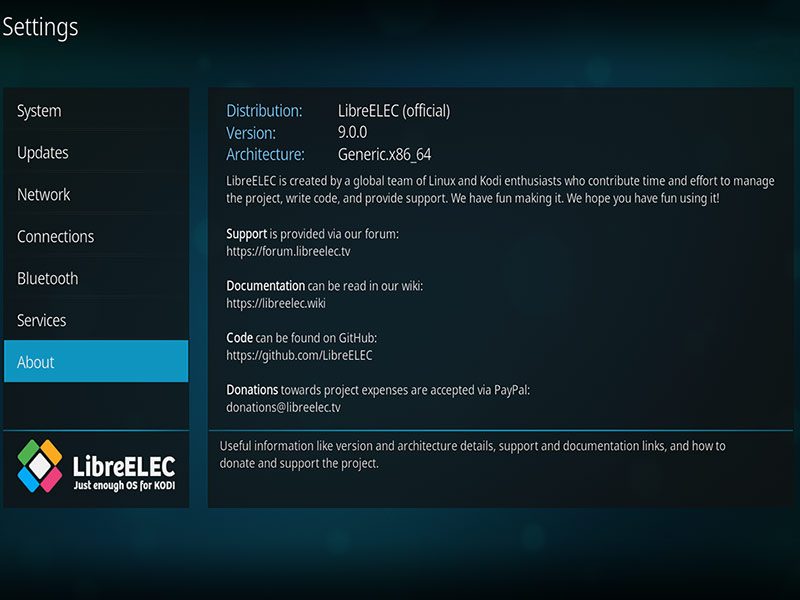
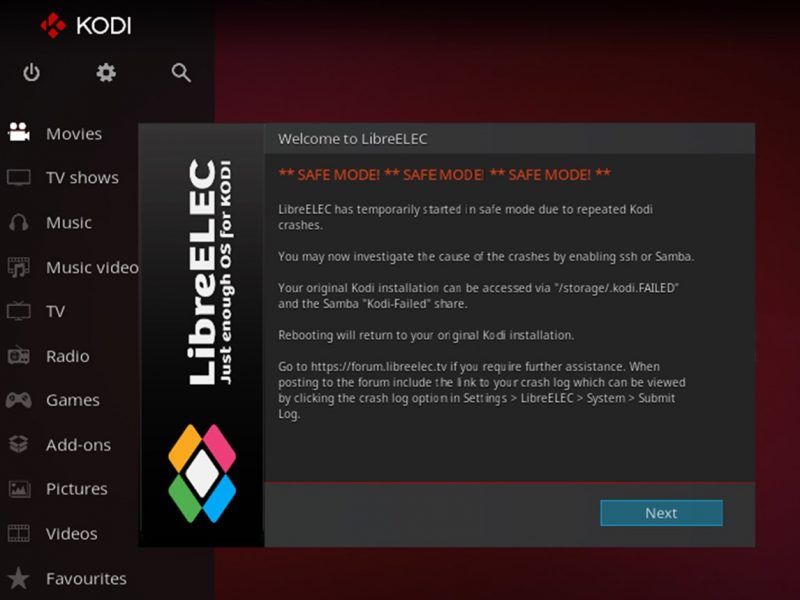
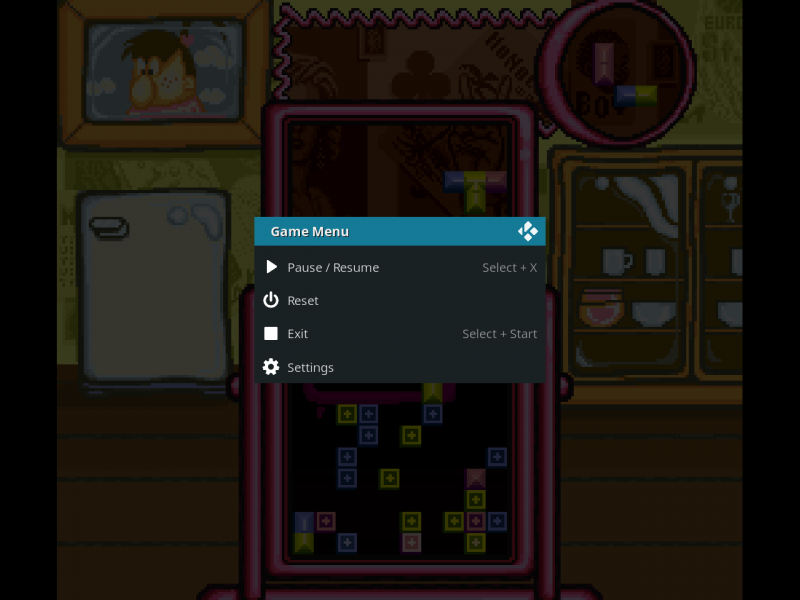
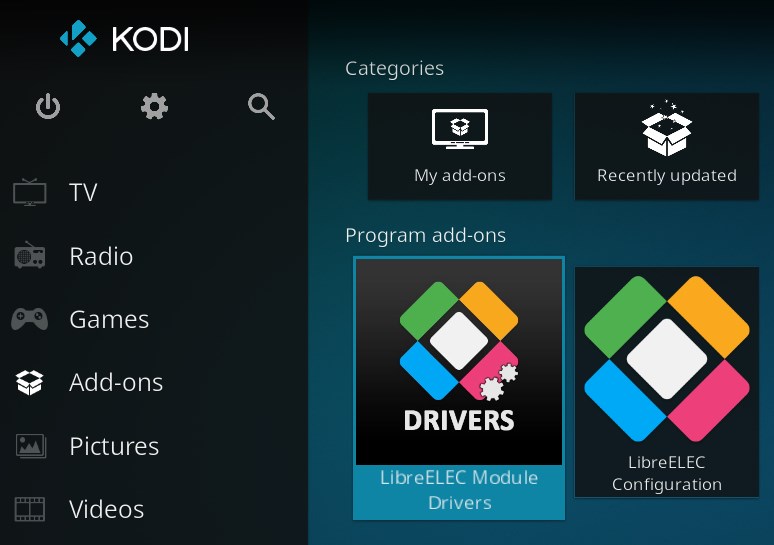
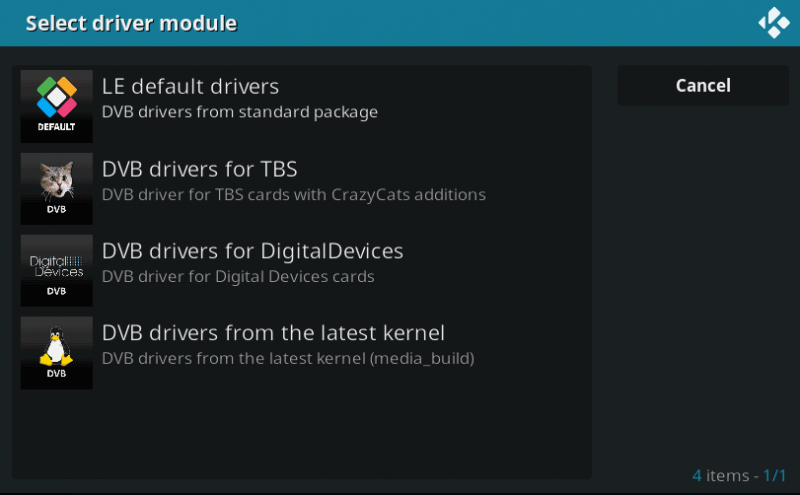
 When
When 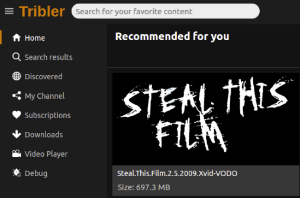 The
The 